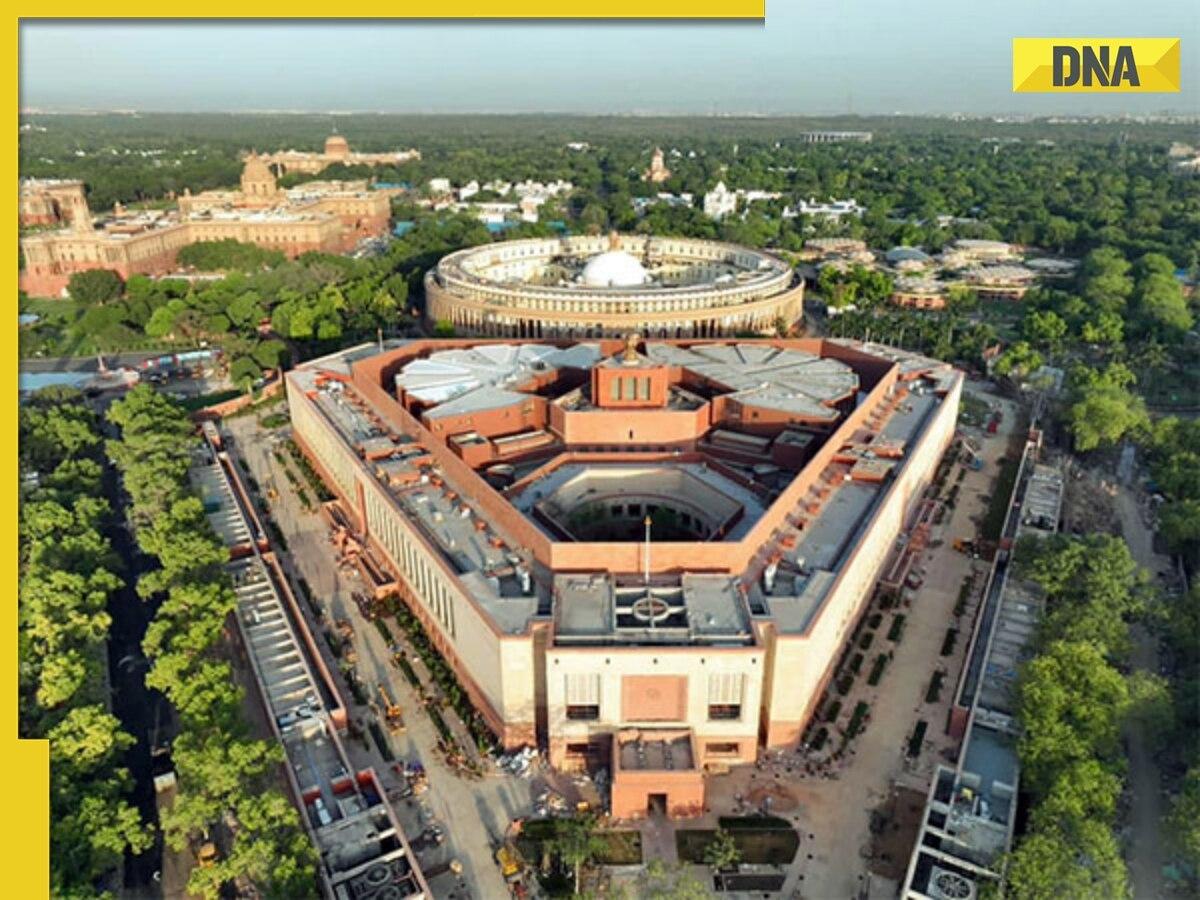
The much-anticipated budget session of Parliament is scheduled to unfold from July 22 and will run until August 12 this year. This session carries immense significance as it will witness the presentation of the Union Budget for the fiscal year 2024-2025. The Finance Minister, Nirmala Sitharaman, will present this key financial document on July 23, setting the stage for a series of parliamentary debates and discussions.
Following the general elections, this session marks the first full gathering of the newly elected members who took their oaths in the initial meeting of the 18th Lok Sabha held from June 24 to July 2. This backdrop sets a robust stage for significant legislative activity and political discourse.
The announcement came via a post on X by the Parliamentary Affairs Minister, Kiren Rijuju, who stated, “Hon’ble President of India, on the recommendation of Government of India, has approved the proposal for summoning of both the Houses of Parliament for the Budget Session, 2024 from 22nd July, 2024 to 12 August, 2024 (Subject to exigencies of Parliamentary Business). Union Budget 2024-25 will be presented in Lok Sabha on 23 July, 2024.”
This budget is particularly noteworthy as it will be the first full financial proposal put forth by the BJP-led National Democratic Alliance (NDA) in its newly acquired term of governance. Prime Minister Narendra Modi’s earlier statements underline the significance of this term, focusing on making bold decisions to chart new directions for the country.
The previous session of Parliament post-elections was marked by intense exchanges and debates on various issues, notably the NEET-UG examination controversy. These debates underscored the heightened political fervor and set a vivid precedent for the upcoming budget session.
An important event in the last parliamentary session was the joint address delivered by President Droupadi Murmu on June 27. Following her address, both the Lok Sabha and the Rajya Sabha expressed their gratitude through a motion of thanks, a traditional practice that was followed by Prime Minister Modi’s response to the debates in both Houses.
The NDA’s victory in the general elections ushered in its third consecutive term, a testament to its sustained political influence and the electorate’s support. This winning streak has positioned the BJP and its allies strategically to push forward with their legislative agenda and economic strategies.
.
Given the volatile atmosphere of the earlier session, the forthcoming budget session is expected to be equally, if not more, charged. The opposition parties are anticipated to raise pressing issues and scrutinize the government’s financial and economic policies. Discussions could veer into topics ranging from agricultural policies, healthcare expenditure, defense budget allocations, to infrastructure development, reflecting the varied and critical concerns of the nation.
Finance Minister Nirmala Sitharaman, who will play a central role in this session, is likely to present a budget aimed at sustaining economic growth while addressing inflation and employment challenges. Economic analysts and political commentators are keenly observing how the budget will balance fiscal prudence with populist measures, especially in the context of global economic uncertainties and domestic expectations.
The budget session traditionally includes two distinct phases. While the first focuses on the presentation and initial discussions on the budget, the second phase delves deeper into departmental allocations and policy details. This bifurcated approach allows for comprehensive scrutiny and debate on the financial blueprint laid out by the government.
Public interest in this session is notably high, given the NDA’s promise of “development for all” and the anticipation of pivotal economic reforms. The government has indicated its intent to prioritize infrastructural enhancements, technological advancements, and social welfare initiatives while ensuring robust economic metrics.
As the session commences, parliamentary decorum and the effectiveness of legislative procedures will be under the spotlight. With both sides of the aisle gearing up for critical engagements, India’s political landscape is set for a dynamic and potentially transformative period.
In conclusion, the budget session from July 22 to August 12 represents a crucial juncture for Indian politics. Finance Minister Nirmala Sitharaman’s presentation of the Union Budget on July 23 will be a defining moment, reflecting the government’s vision and policy direction for the upcoming fiscal year. This session will not only frame India’s economic trajectory but also test the legislative acumen of its newly elected representatives.










